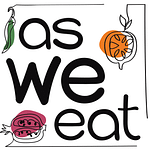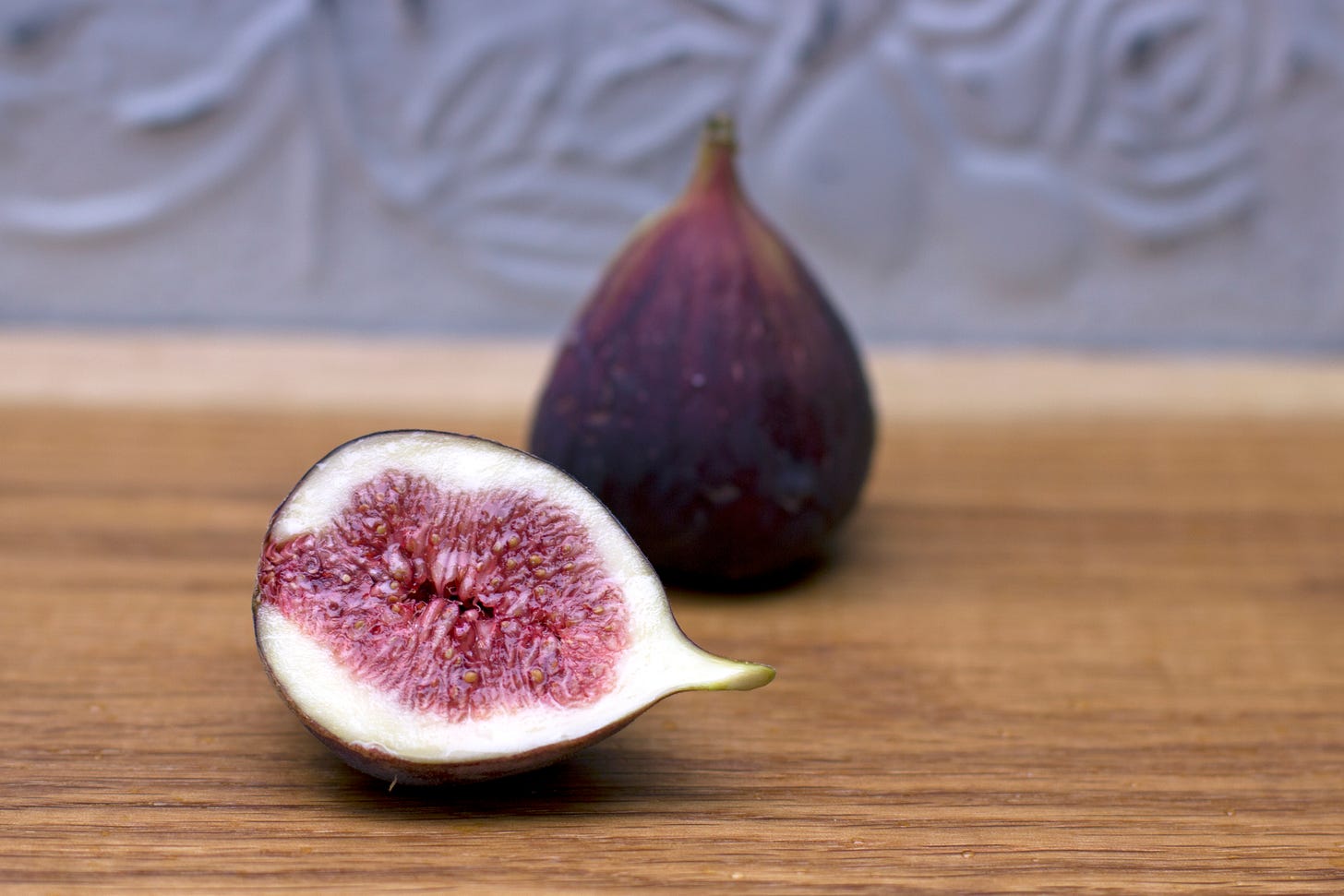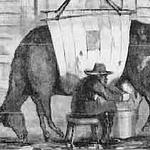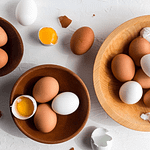In honor of Valentine’s Day, Kim and Leigh take a look at the lore and science of foods that are purported to promote virility, trigger sensuality, and make you swoon. We are, of course, talking about aphrodisiac foods
Love Is In the Air
Valentine’s day is just around the corner! Since this day is all about romance, we talk about aphrodisiac foods that will help set the romantic stage. In this episode we merge the cultural and scientific sides of some of the aphrodisiac foods.
The word aphrodisiac comes from a Greek origin and relates to Aphrodite, the Greek goddess of love. An aphrodisiac food increases amorous feelings and stimulates sexual behavior. If you dig into this subject, you’ll find out that oysters are a popular aphrodisiac because they increase sperm maturation. Another example is chocolate, but apart from being a rich and calming food item, there’s no scientific evidence that it’s an aphrodisiac. Chocolate is also associated with strawberries because chocolate-covered strawberries are a sought-after item on such occasions.
If someone wants to heat things up on Valentine’s, they should eat Chilli peppers, an aphrodisiac, because they induce heat and sweating. Lastly, figs are also an item that is connected to the Garden of Eden story. Many believe that fig was the forbidden fruit. Spices and cinnamon are valuable examples, too, because they make the body warm.
In all of these examples, culture has played a big role in normalizing these foods as aphrodisiacs. Numerous folk tales have added these foods to the narrative as well. But when we come to science, the power of suggestion is a crucial stimulus that activates the aphrodisiac effects. For example, foods that look similar to phallus ignite physiological reactions.
Let’s hop on to our suggested Valentine’s recipes by considering more aphrodisiacs and the cultural power these exert. First up, we have a fruit that links to genitalia due to the power of suggestion. Scientifically, it’s rich in vitamin E, which elevates vigor, and culturally, Aztecs called avocado “testicles.”
Next, we have a vegetable, and it’s said that Aphrodite used to eat this vegetable to increase her sex appeal. Scientifically, this vegetable include a trace mineral Boron that elevates sex hormones. On Valentine’s, a roasted salad with oranges, feta cheese, and avocado is what we suggest. In this one salad, you can have all the aphrodisiacs.
After learning how food can influence our sexual lives and feelings, we start to appreciate it more. It also helps us to get familiar with our bodies. So, next time you want to get in the mood, you know which foods to eat! What will you choose?
Aphrodisiac Foods Transcript
🎧 Click here for the full, interactive transcript of this episode 🎧
Sources We Found Helpful for this Episode
Books We Think You’ll Enjoy Reading
Recipes You Really Need to Try
Oyster Bar - Chez Us
Strawberry Brownies - Pastry Chef Online
Beet Salad - Pook’s Pantry
Hummus - Fearless Dining
Episodes We Think You’ll Like
Super Bowl: Civil War Battles, Tailgating, and Buffalo Chicken Wings
Inauguration Foods: Presidential Food Fights, War Heroes, and First Ladies
We would love to connect with you
AsWeEat.com, on Instagram @asweeat, join our new As We Eat community on Facebook, or subscribe to the As We Eat Journal.
Do you have a great idea 💡 for a show topic, a recipe 🥘 that you want to share, or just say “hi”👋🏻? Send us an email at connect@asweeat.com
Review As We Eat on Podchaser or Apple Podcast. We would like to know what you think.
And please subscribe to As We Eat, Going Places. Eric and Leigh will be traveling in their converted van sharing stories of food culture from the road.
Are you enjoying the podcast? We sure hope so. If you would like more good stuff, for just a few dollars, you can get access to this exclusive content as well as more in-depth articles and help keep our oven lights on!
Thank you for listening to the As We Eat Podcast. This post is public so share it with a friend - or three :)
























Share this post